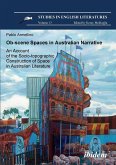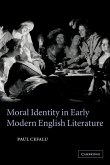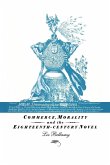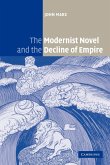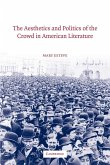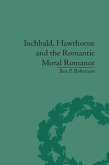This collection seeks to examine the intersections of aesthetics and morality, of what Decadence means to art and society at various moments in British literature. Both artistic and social values are inflected by their histories, and, as time passes, so the definition of what it means to be D/decadent alters. The very ideas of the decline from a higher standard, of social malaise, of aesthetic ennui, all presume certain facts about the past, the present, and the linear nature of time itself. To reject the past as a given, and to relish the subtleties of present nuance, is the beginning of Decadence. Purportedly decadent artists focused upon the fleeting present, ascribed value to experiencing the aesthetic moment in its purest form, and it was precisely due to this focus upon living in, and for, the moment that society often responded by expressing moral contempt for the perceived hedonism of art. The aesthetic rejection of contemporary value added to the conflict between the literary and social inflections of Decadent interpretation. The truly decadent was condemned by artists as the stranglehold society maintained on individual interpretation and the interpretation of oneself. This conflict underlies the range of essays in the collection.
Bitte wählen Sie Ihr Anliegen aus.
Rechnungen
Retourenschein anfordern
Bestellstatus
Storno



